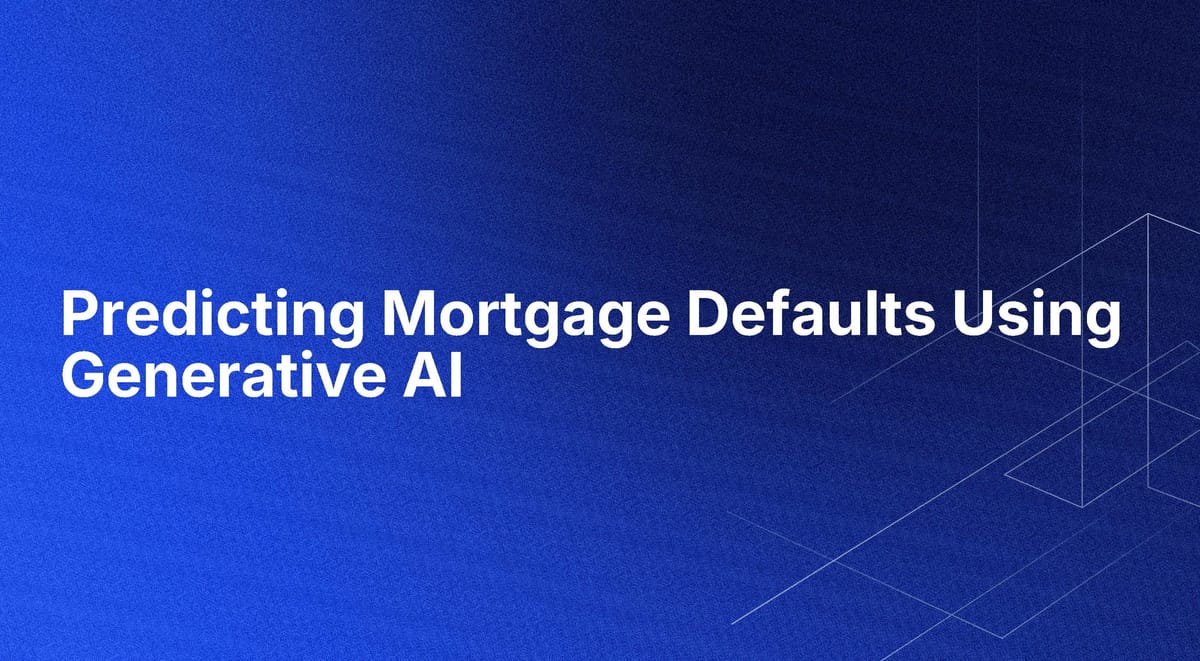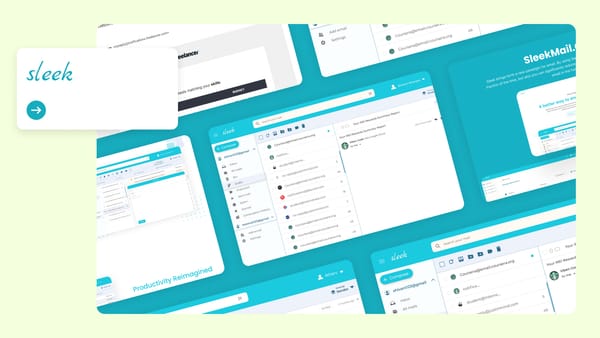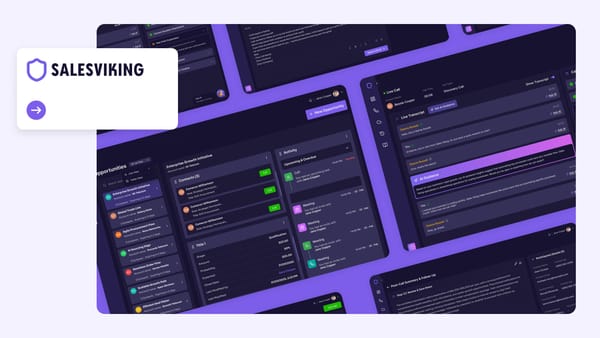Predicting Mortgage Defaults Using Generative AI

Leveraging AI to Forecast Mortgage Default Risks and Optimize Portfolio Health
Overview
The mortgage industry, a cornerstone of the real estate financial sector, involves the provision of long-term loans to individuals and businesses for the purchase of properties. Given the substantial amounts of money involved, accurate risk assessment is critical to mitigate losses from defaults. Mortgage lenders constantly seek advanced methods to minimize risks, ensure stable cash flows, and optimize the value of their mortgage portfolios.
Problem Statement
Mortgage defaults impose significant financial burdens on lenders and communities alike. With about 300,000 foreclosures in the US during the first half of 2019, costing lenders approximately $50,000 per loan, the need for precise predictive tools is evident. Defaults lead to loss of collateral value, reduced property prices in surrounding areas, and decreased tax revenues for local governments. Lenders need a reliable way to predict and mitigate such risks before approving mortgages.
Solution Overview
Generative AI offers a cutting-edge solution to predict the likelihood of mortgage defaults by analyzing historical data. Utilizing machine learning models, AI systems can identify patterns and characteristics indicative of higher default risks. By inputting relevant data points such as borrower credit scores, employment history, loan-to-value ratio, and other financial metrics, the AI model can generate accurate predictions regarding the potential for default. This empowers loan officers by supplementing their decisions with data-driven insights, reducing the incidence of risky lending and subsequent defaults. From a technical standpoint, implementing this solution involves training a generative AI model on extensive historical mortgage default datasets. The system will use supervised learning techniques to understand the correlation between various borrower attributes and default outcomes. Advanced algorithms such as deep learning can further enhance predictive accuracy by identifying non-linear relationships in the data. Deployment of this AI system can be achieved through integration into existing loan management software, thus ensuring a seamless transition for end-users. On the business front, leveraging AI for default prediction brings extensive benefits. Lenders can significantly lower foreclosure-related expenses and enhance the stability of their loan portfolios. Risk assessment becomes more accurate, enabling better strategic decision-making and resource allocation. Additionally, increased confidence in risk management could allow lenders to opt for larger loan portfolios, thus driving business growth. The reduction in defaults also positively impacts property values and local economies, creating a virtuous cycle of benefits for lenders and communities alike.





